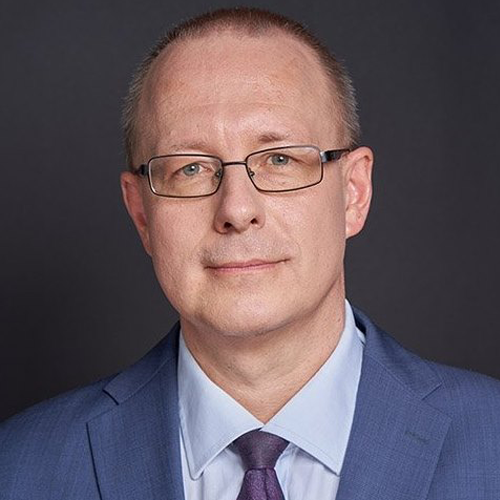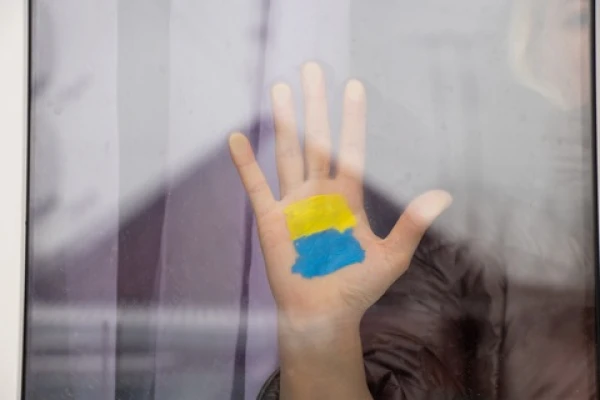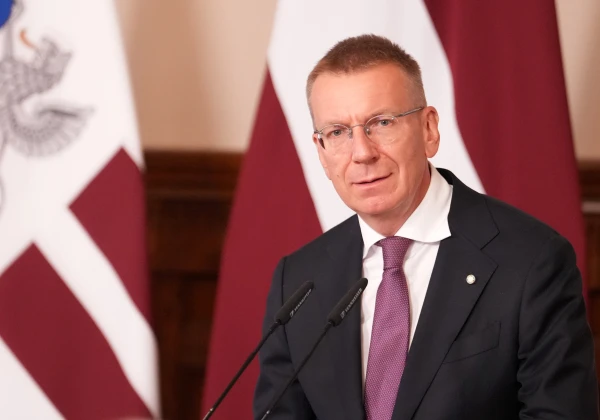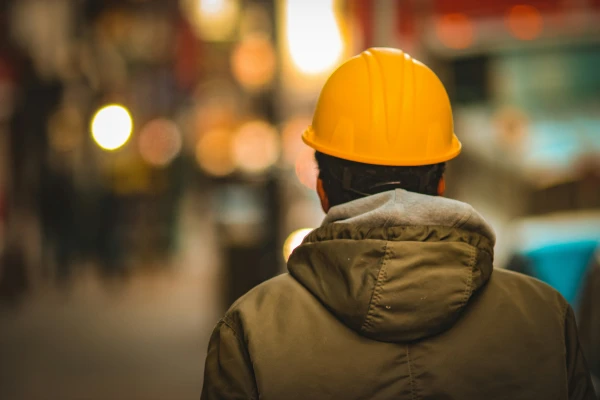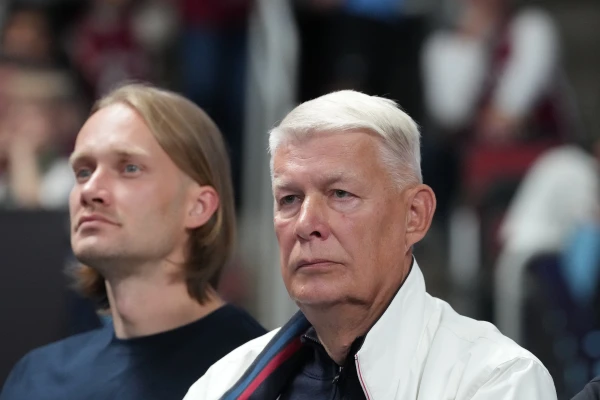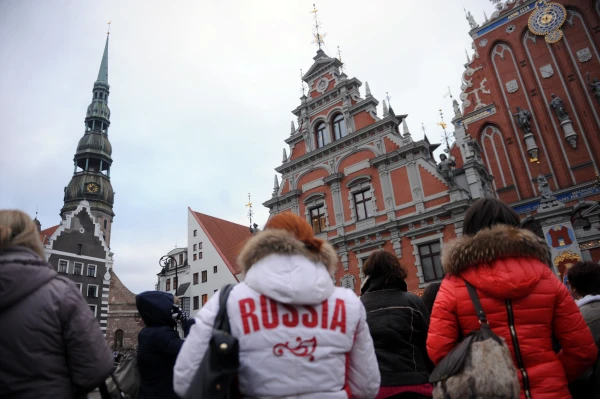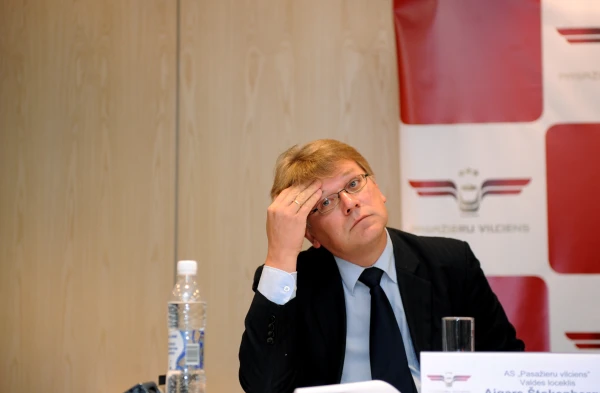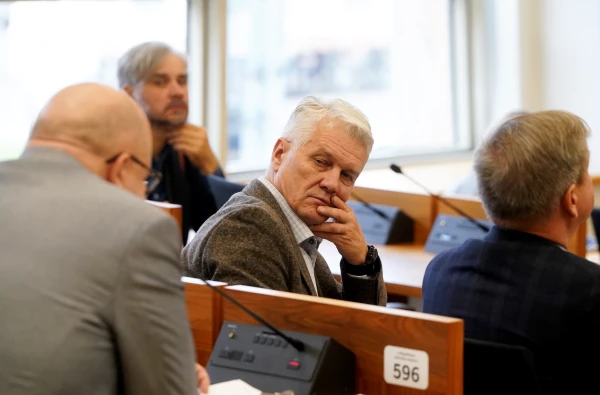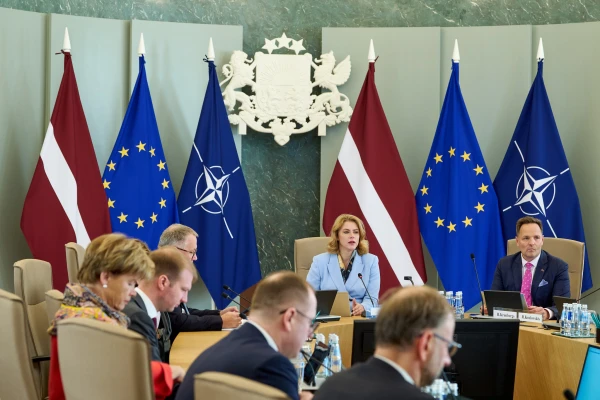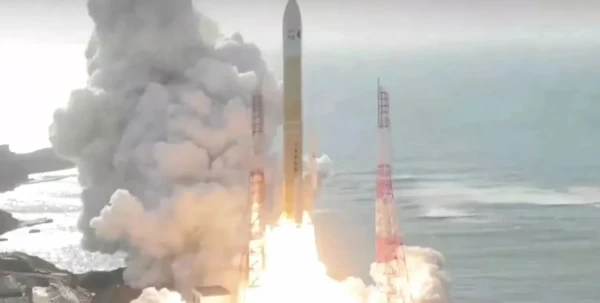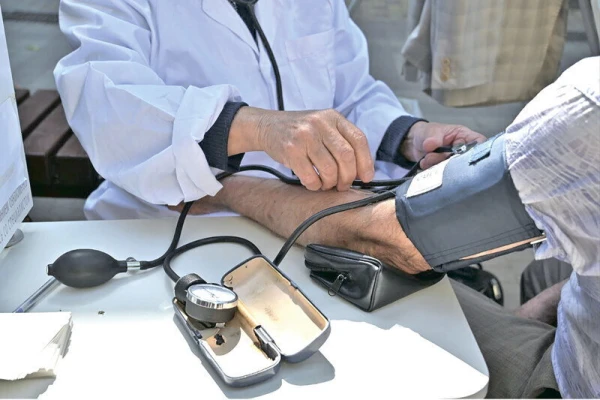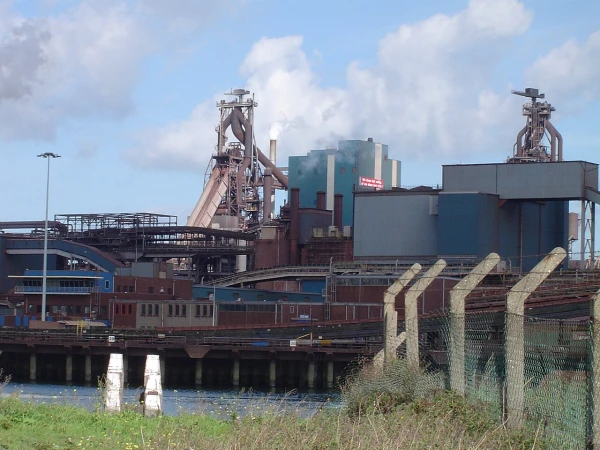
Last week, a discussion took place in the Saeima based on a Latvian Radio program about the imports of pellets – a byproduct of the Tata Steel Nederland metallurgical plant.
The factory built in the town of Velsen in 1918 is now owned by Indian capital, and according to unofficial data, it exported 320,000 tons of pellets to the Baltic states.
"This product may have an impact on the environment"
The military construction projects of our state are strictly classified information; however, according to LR-1, pellets are being used on a massive scale to fill swamps in the area of the military town of Ceri, adjacent to the capital's airport. This location is planned to create a base for the Canadian Armed Forces.
Since strategic projects do not require reporting on regulatory specifications and environmental standards, a new term has emerged in road construction – as pellets were previously not used in highway construction in Latvia.
- Dutch institutions have simultaneously begun research, and it has been found that this product may have an impact on the environment, said Jana Simanovska, chair of the Saeima subcommittee on environment, climate, and energy (“Progressives”). The government of the kingdom has decided to stop the use of pellets.
"If the Netherlands makes a decision... how will the state institutions of Latvia respond?" the deputy asked rhetorically.
Andris Lazarevs, deputy director of the Construction Department of the Ministry of Economics, reported at the meeting in the Saeima that pellets comply with EU regulations – i.e., the standard for mineral products that defines environmental protection requirements, mechanical strength, and so on.
-
This material has been authorized; it can be used within the EU, emphasized A. Lazarevs. His department is part of the Ministry of Economics, which also oversees the Consumer Rights Protection Center (CRPC), which may be involved in resolving potential conflict situations.
-
How do you control where and what materials are used? the restless J. Simanovska immediately addressed the CRPC.
Representatives of the Center stated: yes, inspections are conducted; the accompanying information for deliveries complies with regulatory requirements. The restrictions imposed by official The Hague are being evaluated. Meanwhile, construction continues. In general, everyone is busy.
"Regulatory requirements for soil remain in force"
In the view of the Ministry of Climate and Energy (MCE), to which the Environmental Service belongs, pellets do not fall under the definition of waste; they are a separate material. Of course, the MCE is aware of this imported item: "We are looking at what the composition is in terms of heavy metals. The limit values have not been exceeded at this time. We have the Cabinet of Ministers Regulations No. 84 in force, which outlines the regulatory requirements for soil. They state that any material introduced into the soil should not worsen the existing condition."
Meanwhile, during discussions in parliament, potential risks that are not addressed by current regulations were pointed out – these should be resolved at the political level. This did not take long – Ingmars Lidaka (“United List”) stated that the pellets imported into Latvia are stored outdoors, and when the wind blows, dust spreads to residential areas.
- This is not about the material itself, but about the overload, emphasized the politician, a biologist by profession. – How can we prevent this dust formation? Perhaps we should store it only in closed hangars, not in piles near residential houses?
Deputy Skaidrite Abrama, who does not belong to any factions, responded: "If everyone is responsible, then no one is responsible. Who is the coordinating authority that is waiting for this conclusion from the Netherlands? Who assesses what is happening in other countries?"
At present, S. Abrama is not satisfied with the progress of the investigation by Latvian authorities, although "the risks are recorded."
- Everyone lives and works within their narrow competence, but there is no common vision. First of all, we need to look at research around the world. Who can mobilize everyone?
Janis Vitenbergs (National Alliance) pointed out that there is a lack of discussion about whether Latvia should import "junk" that the Netherlands wants to get rid of. According to the former Minister of Economics, this should be decided by the industry.
- Can we do without them? the politician posed the question about pellets.
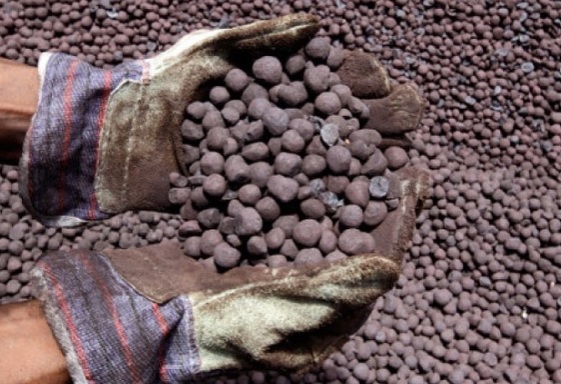
The state administration monitors storage areas
Kalvis Avotins, director of the State Environmental Administration of Greater Riga, pointed out that the slag contains chromium and has a high pH – an indicator of alkalinity.
- We conducted testing of samples taken from constructed facilities, reported the director. However, the so-called chromium-6, which is not found in amounts exceeding the maximum allowable concentration, is considered dangerous.
"Regarding overload and storage, the State Environmental Service monitors these port enterprises. We visualize materials such as dolomite gravel. Essentially, the dispersion is minimal. Considering that during transportation from the Netherlands, the cargo is poured into the ship, this dust has settled more or less from the very beginning. To export it from the country later, time is needed for it to acquire its mechanical properties," Kalvis Avotins said. Mr. Avotins also noted that the environmental administration he heads monitors the storage locations of pellets – these are port and industrial zones, relatively distant from residential areas.
...Nevertheless, the very fact of this story is quite indicative – for when less than forty years ago local opinion leaders rang the alarm bells about the land ruined by the giant Soviet enterprises of Latvia, it seemed that such problems would not arise in the future. However, as it turns out, we are turning into, if not a dump, then a warehouse of non-liquid assets... Unless they are now being brought to us not from the East, but from the West.
INFLUENTIAL PARTNER
The owner of the factory in the Netherlands is Tata Group, which includes Tata Motors, Tata Steel, Air India, and a few dozen smaller companies. The group's turnover is $436 billion. The head is Natarajan Chandrasekaran (born 1963). He, by the way, led the business direction of the global "G20" during India's presidency.
